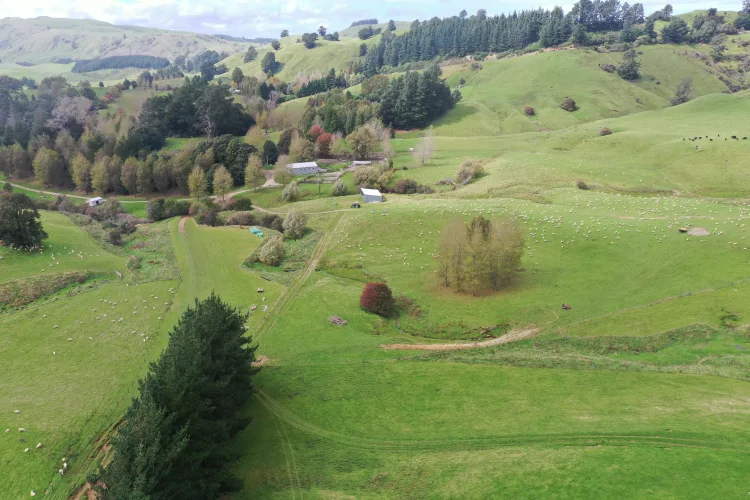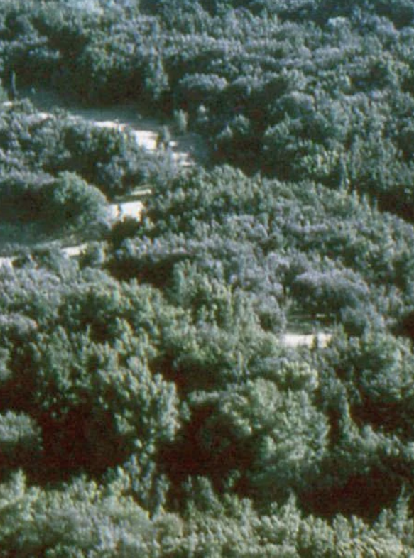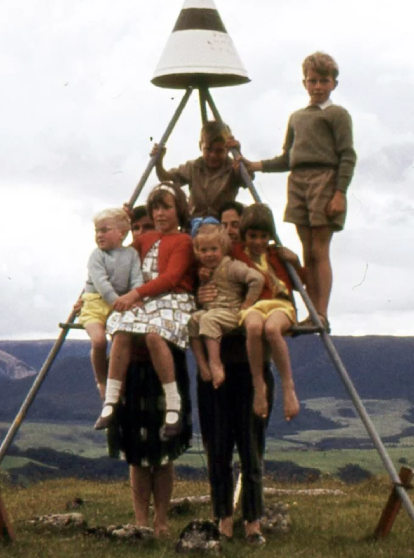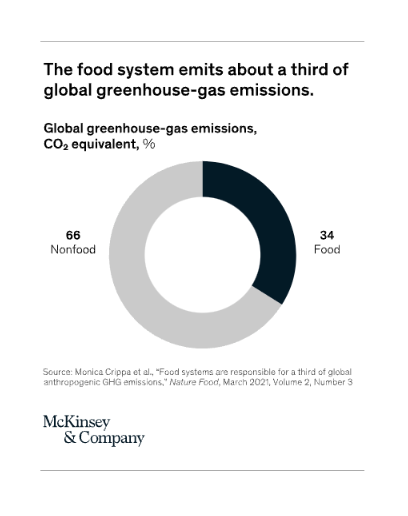Our Purpose
Growing A Better Future
By Nick Scott

By Nick Scott

Simon Beamish grew up in paradise. As a child he spent countless hours roaming the vast expanse of his childhood property. It is difficult to imagine a more extensive, natural playground for a young child.


One of his favorite spots was an area of raw ground, running down to the river’s edge. As children Simon and his cousins spent countless hours in this most spectacular playground, careening down the sheer face of loose gravel, hunting for trout in the river and relaxing in the hot summer sun. It was about as idyllic a childhood as you can imagine.
The ranch, back then jointly owned by Simon’s father and uncle, was over 19,500 acres of rolling country in Hawke’s Bay, New Zealand. Fast forward a few years and the Beamishs are now proud Atkins Ranch lamb ranchers. Their stunning property produces some of the best grass-fed lamb in the world.

The global food production system, while essential for sustaining our growing population, has become a major contributor to the climate crisis. Accounting for one-third of global greenhouse gas emissions, it's a system that has, over time, intensified its environmental impact.
It is crucial that we efficiently make use of our land today, so we can supply future food demands on the same - or less -land in the future
Deloitte: Decarbonizing The Food System
It should come as no surprise the approach of many producers is neither sustainable nor healthy. For many global producers, the relentless pursuit of higher yields and lower costs has led to a system that prioritizes quantity over quality, often at the expense of the environment.
Many in the global agriculture supply chain have been slow to adapt. The adoption of practices that mitigate the emission of greenhouse gases has for the most part been very slow. Practices such as regenerative agriculture, with its focus on soil health, biodiversity, and carbon sequestration. This inertia perpetuates a system that not only damages the environment but also compromises the long-term viability of our food production. The urgency to transition to regenerative agriculture is clear, as it holds the potential to restore soil health, sequester carbon, and ultimately create a more sustainable and resilient food system.

The rest of the world has undoubtedly been slow to adapt to the changing environment of food production. However, in New Zealand they are punching well above their weight. The island nation of only 5 million people is an idyllic slice of paradise in the South Pacific, where humans are outnumbered roughly 5:1 by sheep.
As an island nation, at the bottom of the world, New Zealand has been quietly getting on with their business for years. The country is famous globally for the national rugby team - the All Blacks - who have long adopted a policy of ensuring each member leaves the famous black jersey in a better position than they found it.
This concept of guardianship is inherent in the ranchers of New Zealand as well.
In the face of the changing climate of food production, and with the assumption the Kiwi ranchers have been quietly getting on with best-practice farming for many years now, Atkins Ranch recently employed global technology platform CarbonCrop to look at a handful of Atkins Ranch farms.
The platform allows a retrospective view of carbon sequestration serving as a perfect platform to demonstrate Atkins Ranch's commitment to leaving Nature even better than we found her.
The results?
They speak for themselves.